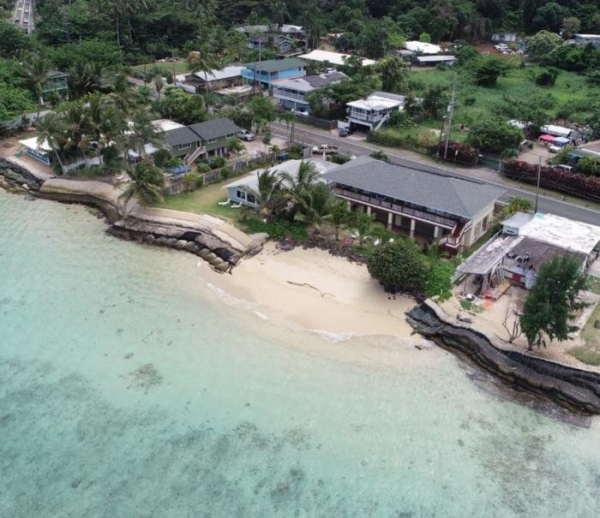Even ancient builders knew how to maximize energy efficiency through rooflines.
articles
Transplanting Posidonia Oceanica: A Major Scientific Advance for the Conservation of Seagrass Meadows
A study has resulted in the transplantation of 384 m² of Posidonia oceanica seagrass on the scale of an industrial project as part of maritime works in Monaco.
Restoration Programs Won’t Save Coral Reefs
As coral bleaching and deaths become more widespread globally, experts are re-evaluating the benefits of restoration missions to reverse damage and protect some of the world’s most species-rich ecosystems.
New UNCG Research Shows Southern Shrews Shrink in Winter
Newly published research from UNC Greensboro biology professor Dr. Bryan McLean and colleagues shows that the masked shrew, a small, mole-like mammal found in the Appalachian Mountains, shrinks its body and braincase to conserve energy during winter months.
UH Researcher Unveils New Model to Evaluate Impact of Extreme Events and Natural Hazards
When you’re on a sandy beach or the banks of a river, transformed by rolling waves or slightly still waters, it’s likely you’re not thinking about what happens just beneath the surface, where dirt and pollution are swirling and traveling through to new destinations.
New Projections Reveal More Extreme Erosion on O’ahu’s Shores
O‘ahu’s sandy beaches are at risk. New research from the Coastal Research Collaborative (CRC) at the University of Hawai‘i (UH) at Mānoa determined that 81% of O‘ahu’s coastline could experience erosion by 2100, with 40% of this loss happening by 2030.










